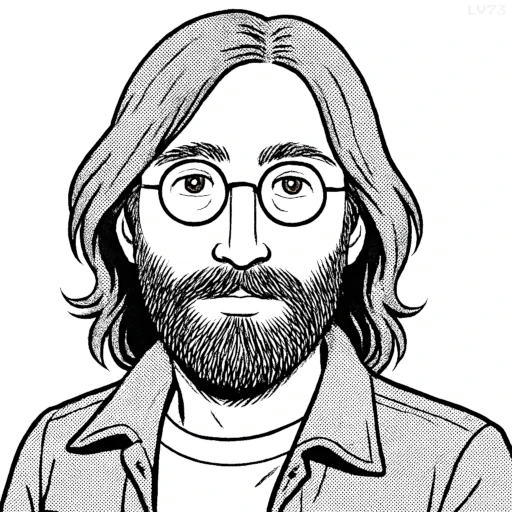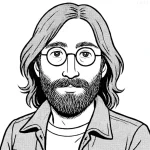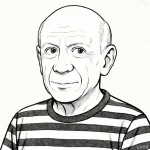“My role in society, or any artist’s or poet’s role, is to try and express what we all feel. Not to tell people how to feel. Not as a preacher, not as a leader, but as a reflection of us all.”

- October 9, 1940 – December 8, 1980
- British
- Musician, Songwriter, Peace Activist, Founding Member of The Beatles
table of contents
Quote
“My role in society, or any artist’s or poet’s role, is to try and express what we all feel. Not to tell people how to feel. Not as a preacher, not as a leader, but as a reflection of us all.”
Explanation
John Lennon articulates a humble yet powerful philosophy of art and creativity, emphasizing that the true purpose of an artist is not to instruct or command, but to mirror the shared human experience. By saying “express what we all feel,” Lennon positions himself—and artists generally—as interpreters of collective emotion, striving to give voice to thoughts and feelings that many experience but may not articulate.
He draws a sharp line between expression and imposition. Rejecting the roles of preacher or leader, Lennon distances himself from didacticism or moral authority, preferring instead to remain honest and empathetic, grounded in human commonality. This reflects his own artistic ethos, particularly in songs that resonate through vulnerability and emotional clarity rather than ideological assertion.
In today’s world, where artists and public figures are often expected to take strong stances or act as spokespeople, Lennon’s perspective is a reminder of the value of reflection over instruction. Art that honestly channels the human condition can foster connection, recognition, and healing, not by leading, but by standing beside the listener as a fellow traveler. His words affirm that art’s greatest power lies in its ability to remind us we are not alone.
Would you like to share your impressions or related stories about this quote in the comments section?



